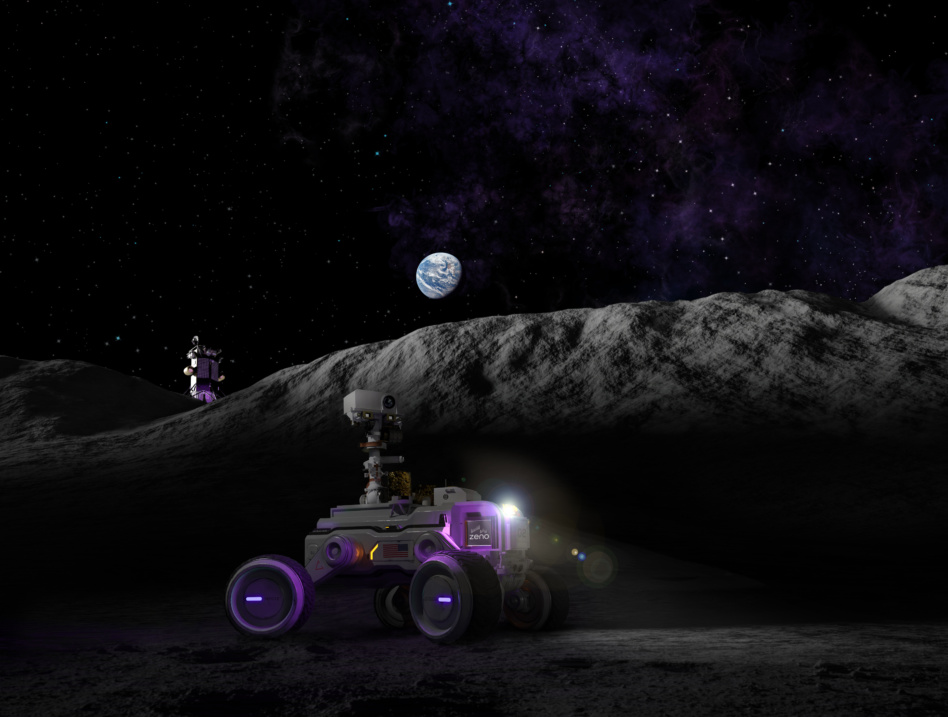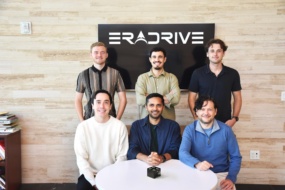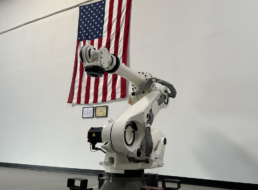Zeno Power closed a $50M Series B to help the company begin producing nuclear batteries for commercial and defense customers by 2027.
Hanaco Ventures led the round, which also included participation from Seraphim, Balerion Space Ventures, JAWS, and Vanderbilt University.
The funding will support Zeno’s effort to demonstrate its first full scale nuclear battery next year. It will also bankroll a hiring spree as the company plans to grow from ~65 employees to 100+, hiring engineers, salespeople, and experts in regulation, policy and supply chains in the coming year. It’s already grown by at least one, when the company recently added retired Adm. John Richardson, a former submariner who served as Chief of Naval Operations, to its board of directors.
Keeping the lights on: Zeno’s technology uses the heat emitted from nuclear waste—an isotope called Strontium-90—to power systems in extreme environments where solar cells and batteries fail. One prime example? The vacuum of space.
Since its founding in 2018, Zeno has secured over $60M in contracts from the DoD and NASA to develop its microwave sized battery to keep critical systems online, and allow the US to compete in increasingly contested and hostile environments.
“China is operating 24/7, 365 on the lunar surface with their Chang’e rover and lander that is powered by plutonium,” CEO Tyler Bernstein told Payload. “We’re working under a contract with NASA—in a partnership with a lot of the key commercial entities—to ensure that US companies, the US government, and NASA can also have this sustained presence.”
Everybody gets somethin’: While plutonium-based power systems have kept spacecraft alive and well since the Apollo days, Strontium-90 is far more abundant and accessible in the US, giving Zeno the ability to meet its growing demand.
Zeno hopes to churn out dozens of Strontium-90-based power systems per year once it enters full production, according to Bernstein. The company is also researching different isotopes to use as fuel sources—namely Americium-241, which could open the door for lighter-weight, longer-duration systems.
While the company has a long backlog of defense and space customers for missions in the near future—including a lunar flight with ispace US as early as 2027—its long-term vision is far more broad. Zeno wants to power deep space missions to Mars and beyond, as well as disaster relief efforts or subsea defense and communications systems on Earth.
Zeno’s market includes “anywhere on- or off-Earth where resiliency is needed, supply chains don’t exist, and you want a box that can be there generating electricity for years at a time,” Bernstein said.




